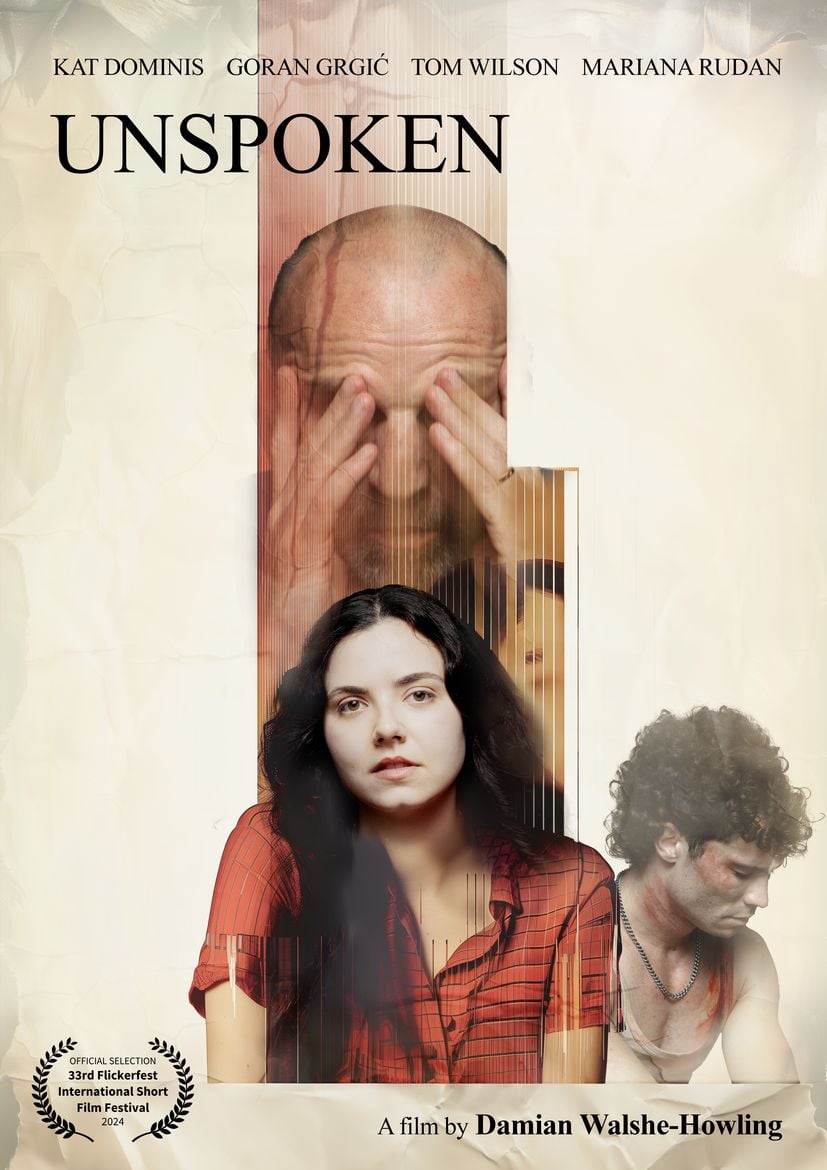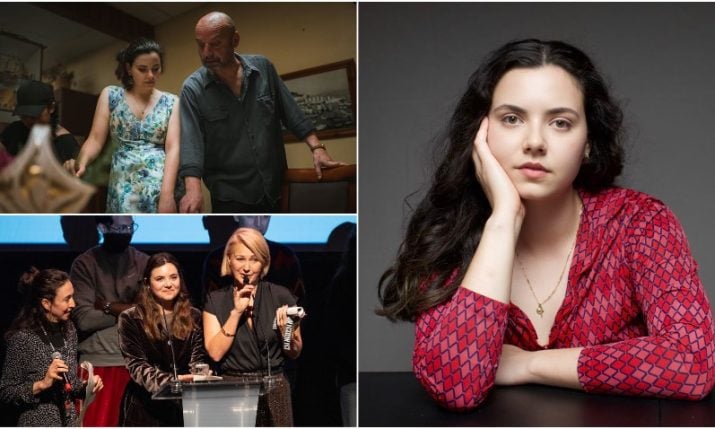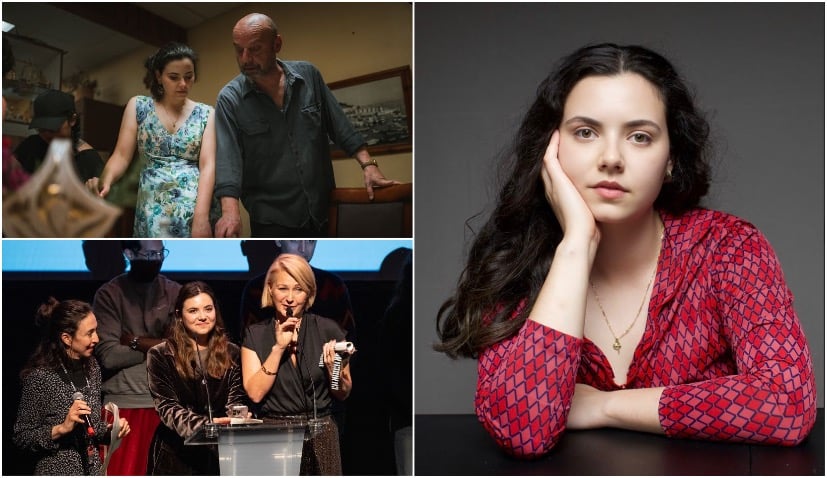
(Photos: Supplied)
Kat Dominis is a Croatian-Australian actor, writer, and producer whose latest work is capturing international attention.
Inspired by real events and set in 1979, her short film UNSPOKEN tells the story of Marina, a young Croatian woman in Sydney, who must confront and disclose a hidden love affair as violent demonstrations for Croatian independence break out across the city.
The film has already won the Grand Prix at Clermont-Ferrand, and taken out Best Short at CinefestOZ.
Now Oscar-eligible for 2026, the film draws deeply from Dominis’ own family history, confronting the silences, tensions, and unspoken sacrifices that shaped so many migrant households.

Kat Dominis and Mariana Rudan (Photo: ©EDS 2025/Clermont-Ferrand International Short Film Festival)
We spoke to Dominis, who reflects on her Croatian heritage, the inspiration behind Unspoken, and the importance of telling migrant stories with honesty, dignity, and emotional truth.
Can you tell us about your Croatian heritage?
I’m a proud Australian-Croatian, born to a family with deep roots in both Croatia and Slovenia. My grandparents all migrated to Australia and my dad was born in Sali, Dugi Otok.
He came out here with his parents when he was around 9 years old. I still have family in Croatia.
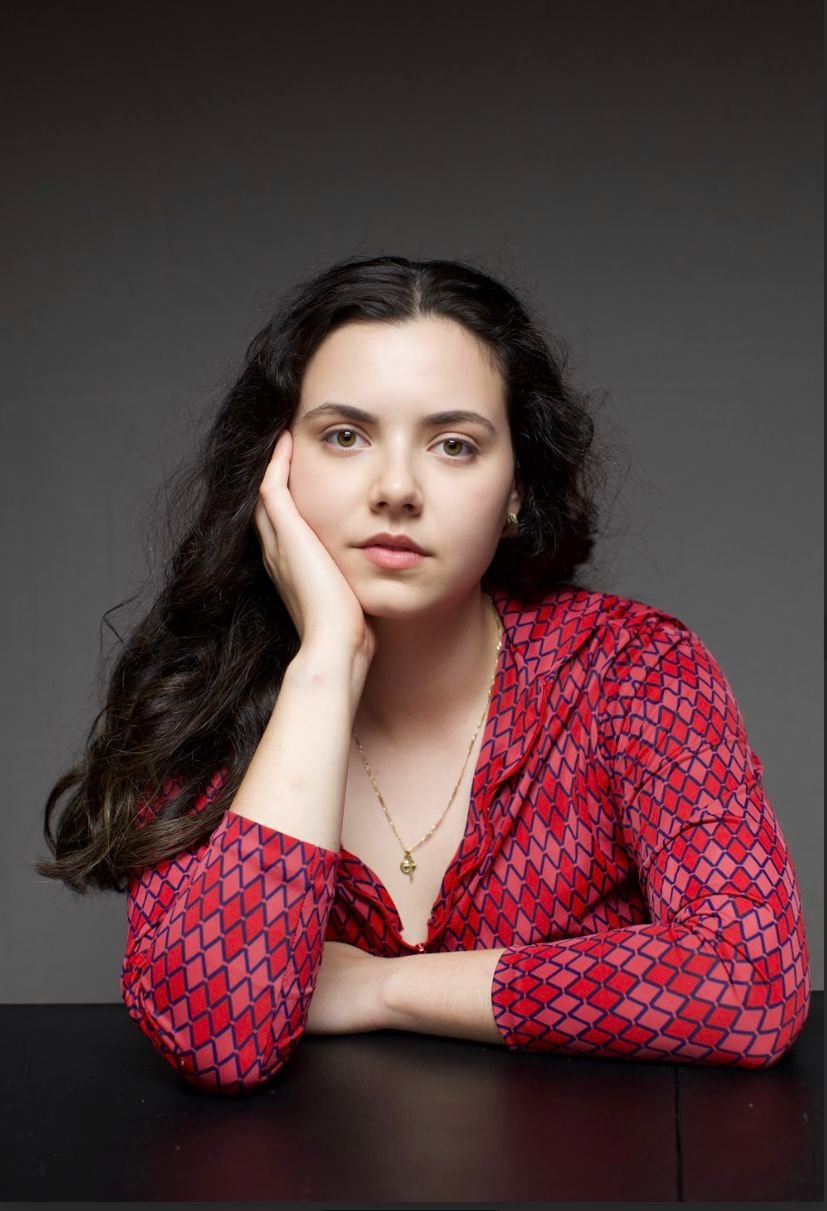
Kat Dominis (Photo: Supplied)
What inspired you to tell this particular story?
Unspoken was originally based on my own and my family’s migrant experience. It began as a personal exploration of identity, belonging and assimilation and what it feels like to grow up in-between cultures; and how our family trauma can impact our lives.
I wanted to tell a story that was honest about the Croatian migrant experience here in Australia and not see another wog story being told just for laughs.
Unspoken was born out of my desire to reclaim European migrant stories on screen. I wanted us to be represented and our stories to be authentically told.
Mariana Rudan, a former SBS journalist, came on board as co-writer and producer. She brought a sharp political lens to the story, drawing from her journalistic background to help craft a world that challenged the injustices of the era.
Together, we reshaped the narrative, intertwining our ideas and perspectives and injected the political element into the story.
The project was further strengthened when Damian Walshe-Howling (Messiah, Last King of the Cross, Janet King) joined us as co-writer, producer, and director.
His cinematic sensitivity and creative vision brought a powerful emotional depth to the film.
How do you think Marina’s story speaks to the generational experience of Croatian immigrants in Australia and other countries for that matter?
Marina’s story sits in that tender, complicated space so many children of migrants inhabit, the expectation to be good, to be grateful, to stay quiet, all while carrying the weight of inherited trauma.
For Croatian families, particularly those who migrated post-war, silence often became a form of survival. But for the next generation, that silence can become its own kind of burden.
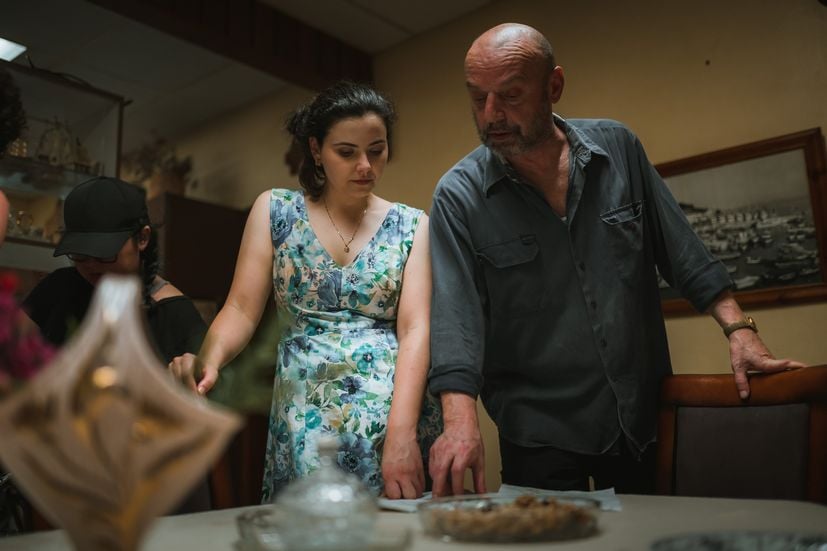
(Photo: Supplied)
What has the response to the film been like from Croatian communities?
The response has been overwhelmingly supportive. So many people from the community have reached out to share that they’ve had similar experiences, and it’s been deeply moving to hear how the story resonated with them.
I’ve been told that people felt proud to see a Croatian story told authentically, one that not only shines a light on our community within Australia, but also connects with audiences internationally.
It means the world to see our heritage and voice represented and embraced in this way.
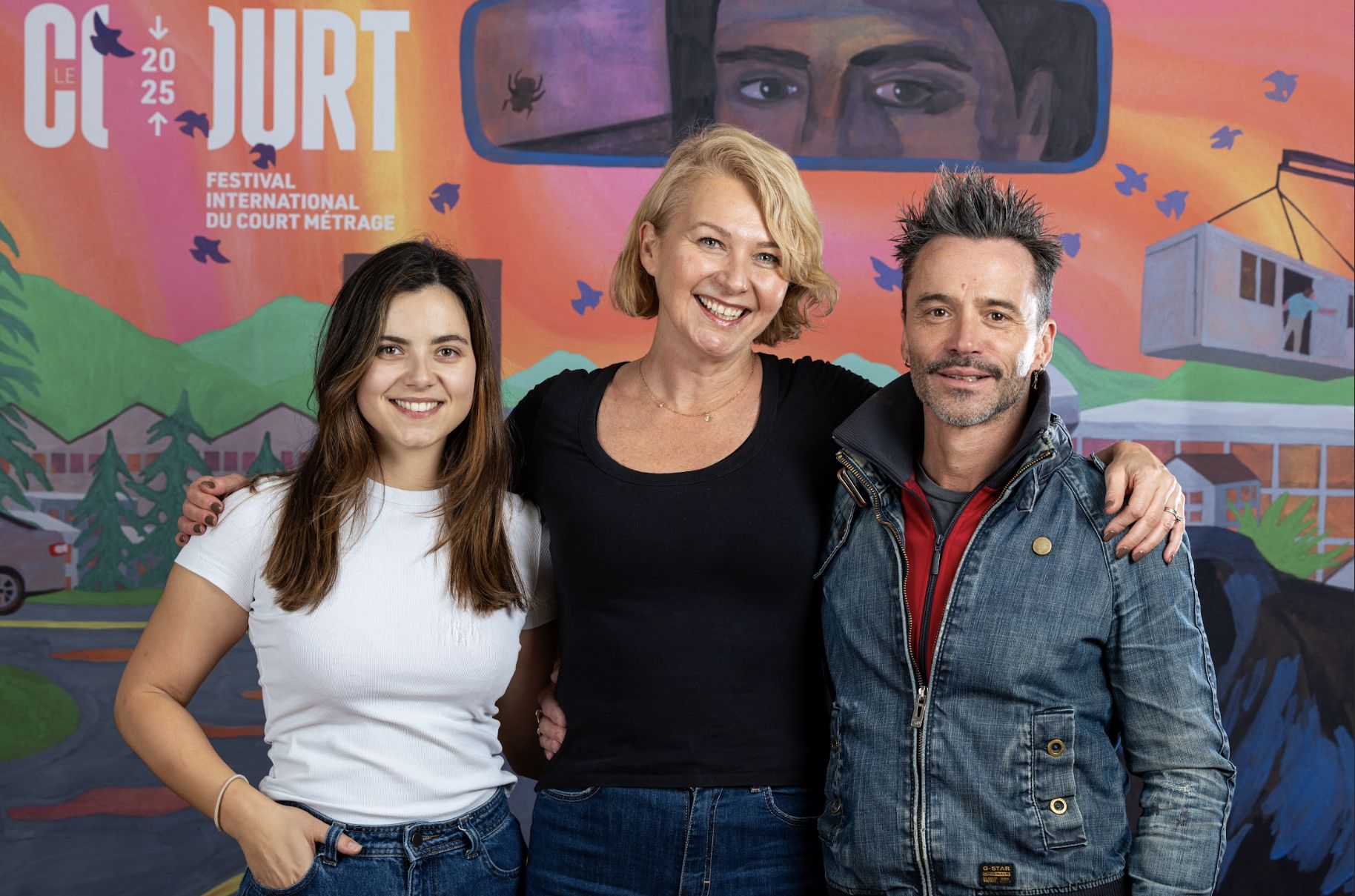
Kat Dominis, Mariana Rudan, Damian Walshe-Howling (Photo: Supplied)
As you prepare for its premiere on SBS On Demand, what do you hope Croatian diaspora audiences—particularly younger generations—take away from this film?
More than anything, I want people to feel seen, heard, and included. If this film helps even one person connect to their heritage with pride, then I’m incredibly happy.
I especially hope it inspires the younger generation to embrace their identity fully, to know that there is no shame in being a migrant and that it’s not only okay, but powerful, to be both Australian and Croatian.
The two identities can live together proudly, side by side. Our stories matter, and they deserve to be told.
